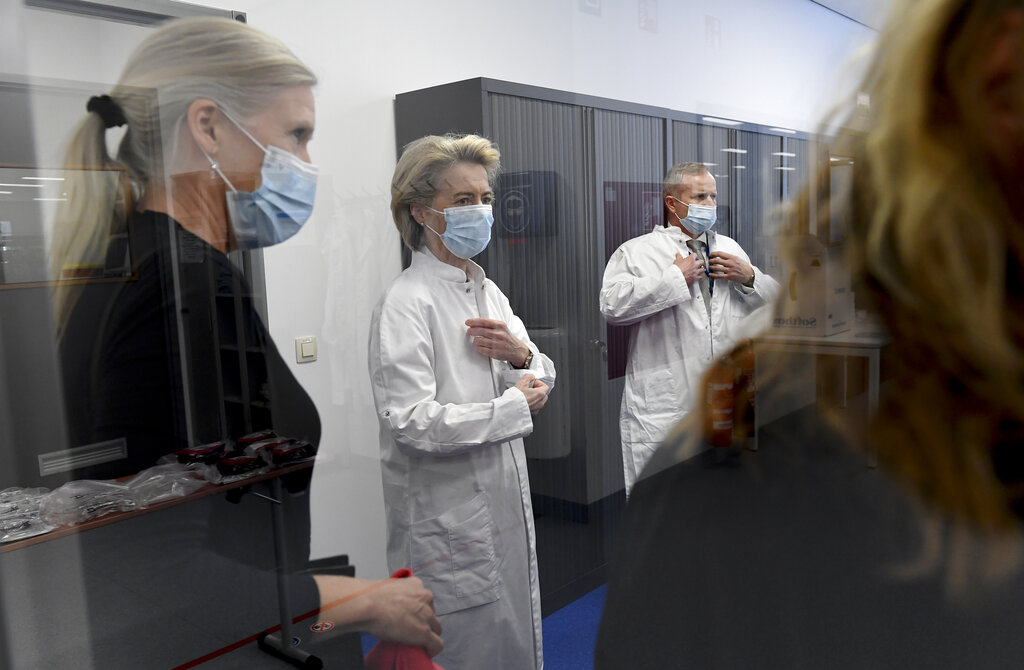Hungary: EU’s Covid-19 vaccine purchases reek of corruption
Von der Leyen denies direct involvement in vaccine negotiations

In the European Commission, the procurement of Pfizer vaccines has been surrounded by suspicions of corruption for some time, especially regarding negotiations between EC President Ursula von der Leyen and Pfizer CEO Albert Bourla, which were conducted over text messages that subsequently “disappeared.”
“It is clear that these vaccines were ordered and forced on member states in unnecessarily large quantities,” the Hungarian Government Information Center said in response to a request from daily Magyar Nemzet, after it emerged that Pfizer and BioNTech had filed a lawsuit against the Hungarian government in January this year over the purchase of some of the Covid-19 vaccines.
According to documents obtained by Politico, the plaintiffs are demanding payment from Hungary for 3 million BioNTech/Pfizer vaccines worth around €60 million.
Von der Leyen held preliminary talks with the head of Pfizer in March 2021 on the purchase of the coronavirus vaccine, and virtually agreed to the details by text message with the pharmaceutical giant’s CEO, Albert Bourla. An investigation into the deal, worth around €35 billion, was launched in January 2022, but the European Commission president’s team failed to find the text messages in question.
EU Ombudsman Emily O’Reilly concluded that von der Leyen had deliberately obstructed her work by claiming not to have found any text message between the EU commission president and Bourla. It later emerged that they had allegedly only reviewed internal document registers, not text messages, saying they were too short-lived and therefore not covered by EU law on the retention of policy documents.
The anti-Hungarian EU commissioner Vera Jourová, also previously suspected of corruption, could only defend von der Leyen, citing the short-lived, ephemeral nature of text messages.
However, according to the Ombudsman, Emily O’Reilly, the behavior of the committee members did not comply with the transparency required by EU rules, and no attempt was made to carry out a comprehensive investigation into the matter.
The European Commission president also defended herself by saying that she was not involved in the negotiations and that the messages did not influence the course of the deal. It is no coincidence that von der Leyen has tried to play down the importance of the text message negotiations, as the purchase of Pfizer vaccines has also caused a financial loss for the European Union: Under the terms of the mega-contract with Pfizer and BioNTech, Brussels will buy 900 million doses of vaccines worth $35 billion between the end of 2020 and 2023, with an option for a further 900 million doses.




Geen opmerkingen:
Een reactie posten